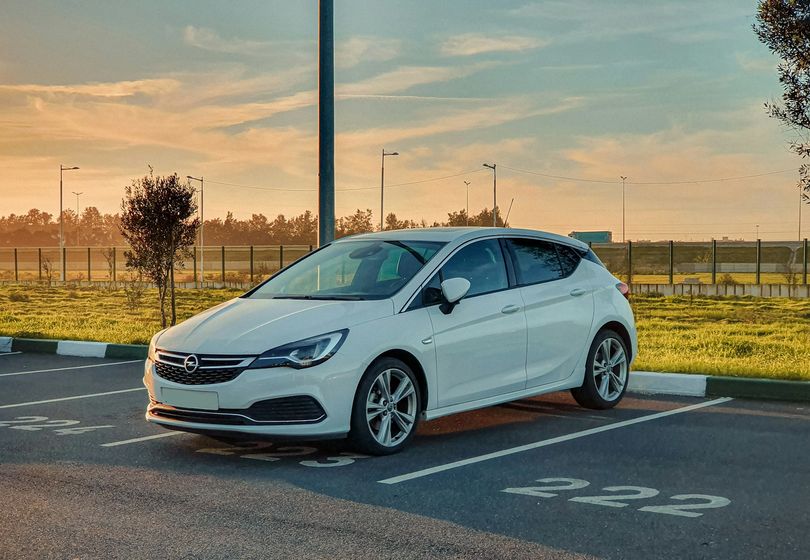
In today's fast-paced world, technology is advancing at a rapid pace, and the automotive industry is no exception. With each passing year, new car models are introduced with cutting-edge features and improved performance, tempting car owners to consider upgrading their vehicles. However, many drivers find themselves at a crossroads when it comes to deciding whether to stick with their current car or invest in a new one.
One of the key factors that influence this decision is the value of your car. As vehicles age, their value tends to depreciate due to factors such as wear and tear, mileage, and technological obsolescence. It's essential to assess the current market value of your car to determine if it's still worth holding onto. Websites and apps like Kelley Blue Book and Edmunds can provide you with an estimate of your car's worth based on its make, model, year, and condition.
Another crucial consideration is the cost of repairs and maintenance. As cars get older, they are more prone to breakdowns and require more frequent repairs. If you find yourself constantly shelling out money for fixes, it might be a sign that your car is reaching the end of its usable life. In such cases, investing in a new car with a warranty can save you money in the long run and provide you with peace of mind.
Advancements in automotive technology are another reason why many drivers opt to upgrade their cars. Newer models come equipped with features such as adaptive cruise control, lane-keeping assist, and advanced driver assistance systems that enhance safety and convenience. Additionally, newer cars tend to be more fuel-efficient, saving you money on gas expenses in the long term.
When weighing the decision to upgrade your car, it's essential to consider the durability of your current vehicle. Some car models are known for their longevity and reliability, lasting well over 200,000 miles with proper maintenance. If your car falls into this category and has served you faithfully for years, you may want to hold onto it a little while longer.
On the other hand, if you own an older model that is plagued with mechanical issues and nearing the end of its lifespan, it may be time to consider purchasing a new car. While buying a new car involves upfront expenses, such as a down payment and monthly payments, the reliability, safety, and performance of a new vehicle can outweigh the costs in the long term.
Ultimately, the decision to upgrade your car boils down to your personal preferences, budget, and driving habits. If you find yourself spending more money on repairs than the car is worth or if you crave the latest features and technologies, upgrading to a new car may be the right choice for you. However, if your current car meets your needs and remains reliable, holding onto it can be a cost-effective decision.
Before making a final decision, take the time to research your options, compare prices, and evaluate your current car's condition and value. By weighing the pros and cons of upgrading versus keeping your car, you can make an informed decision that suits your lifestyle and budget.
